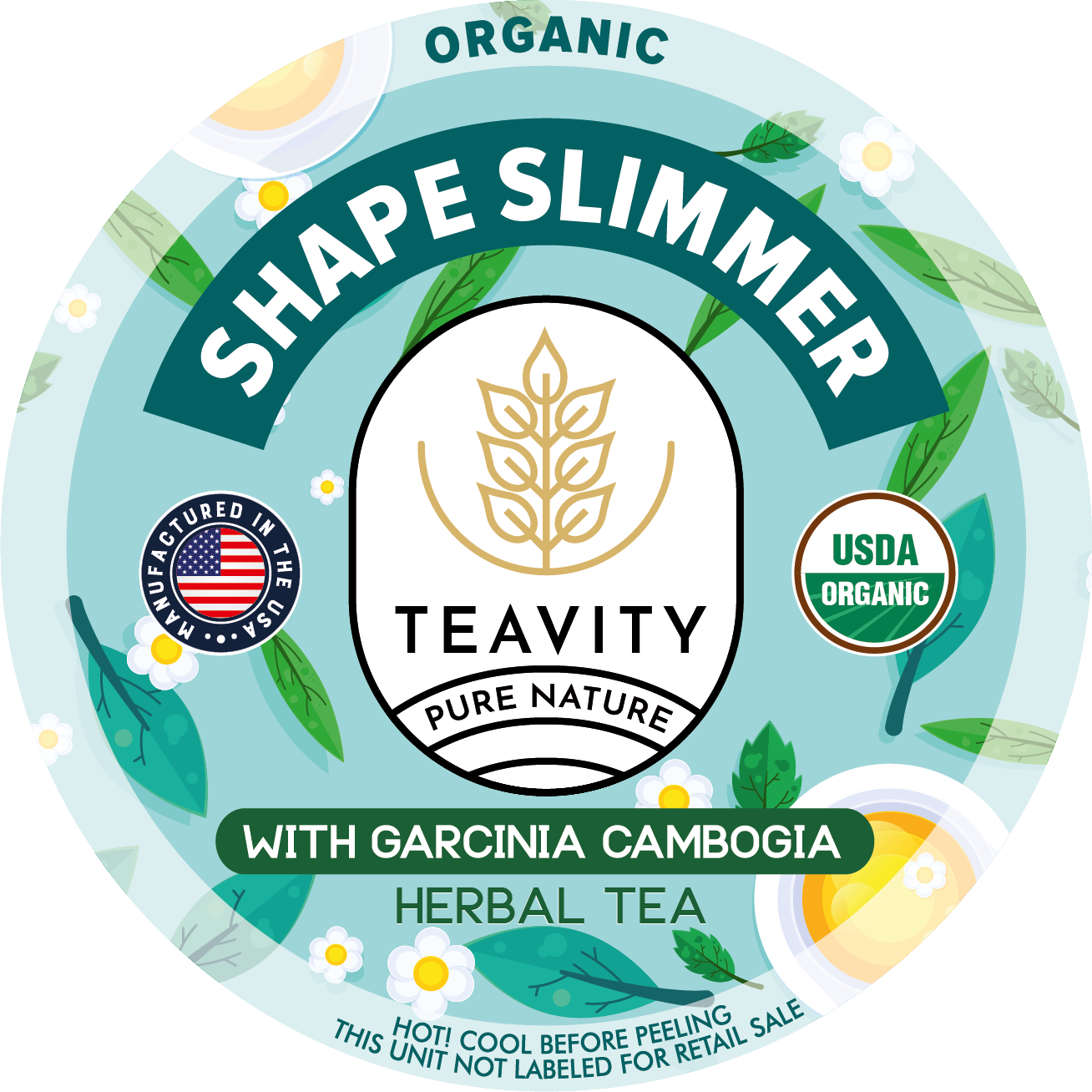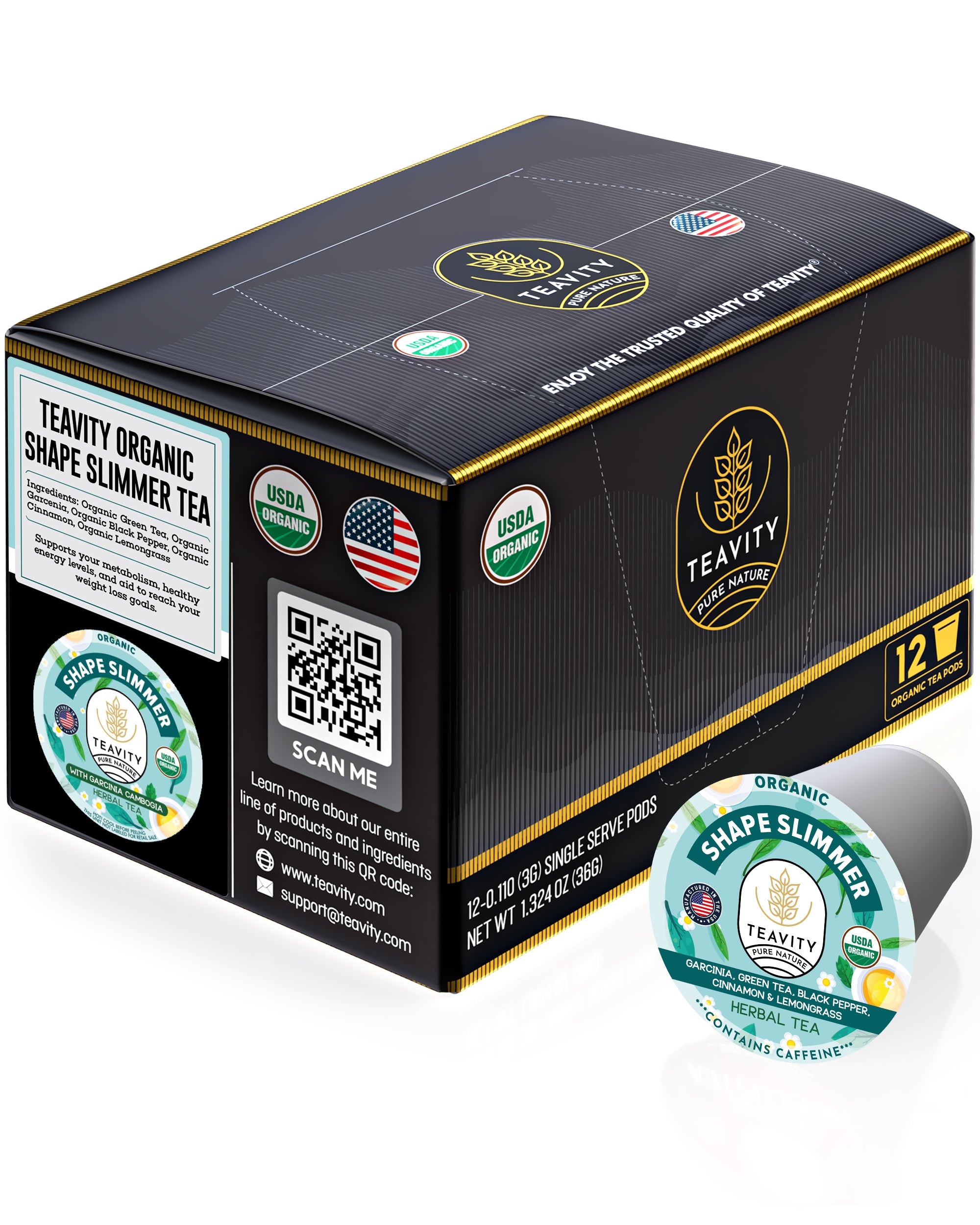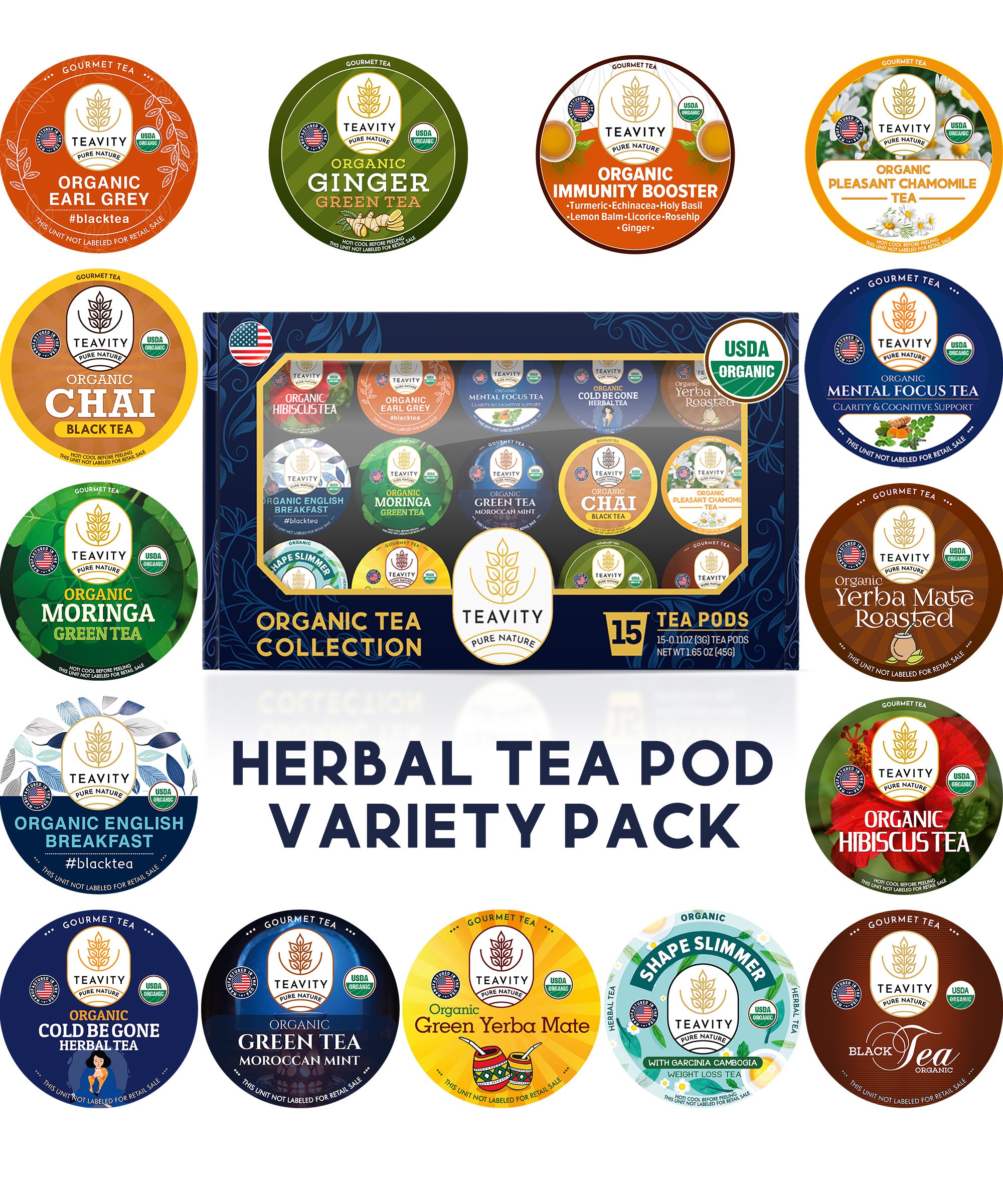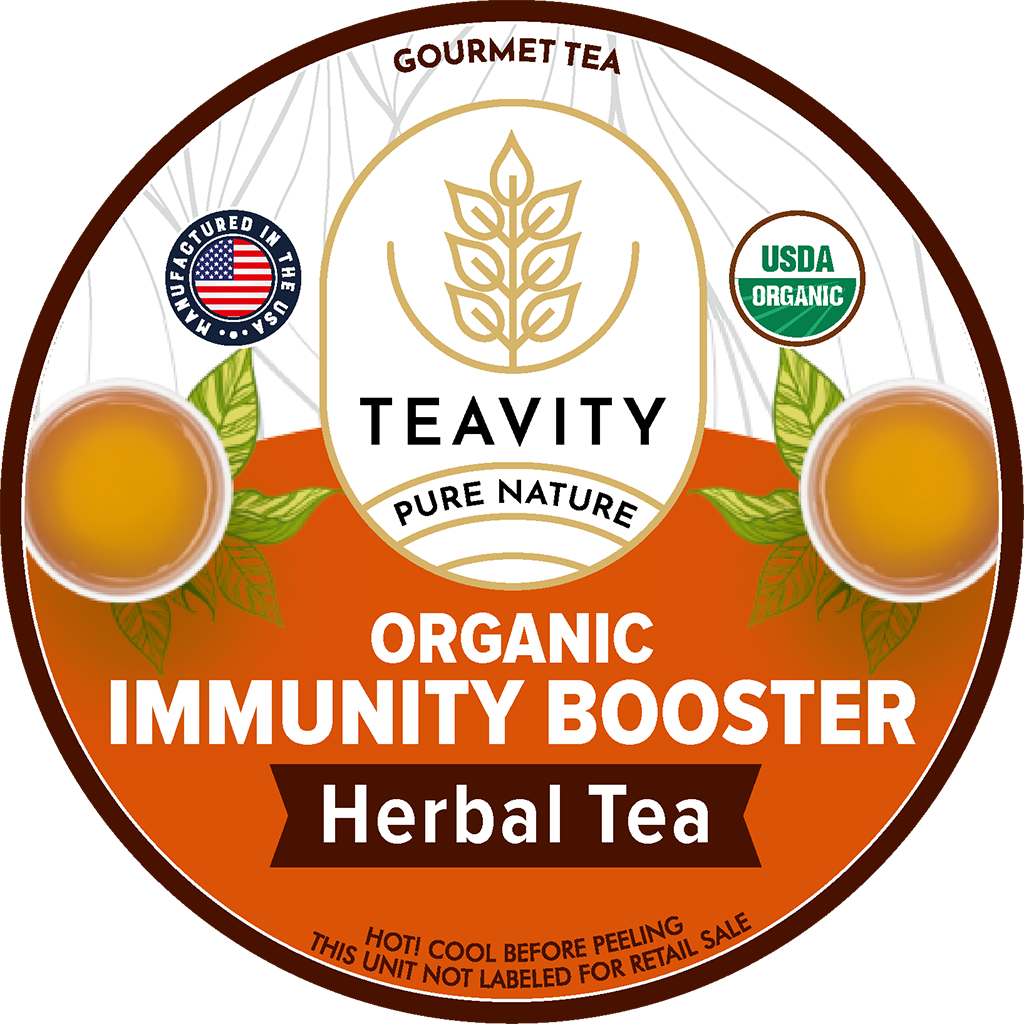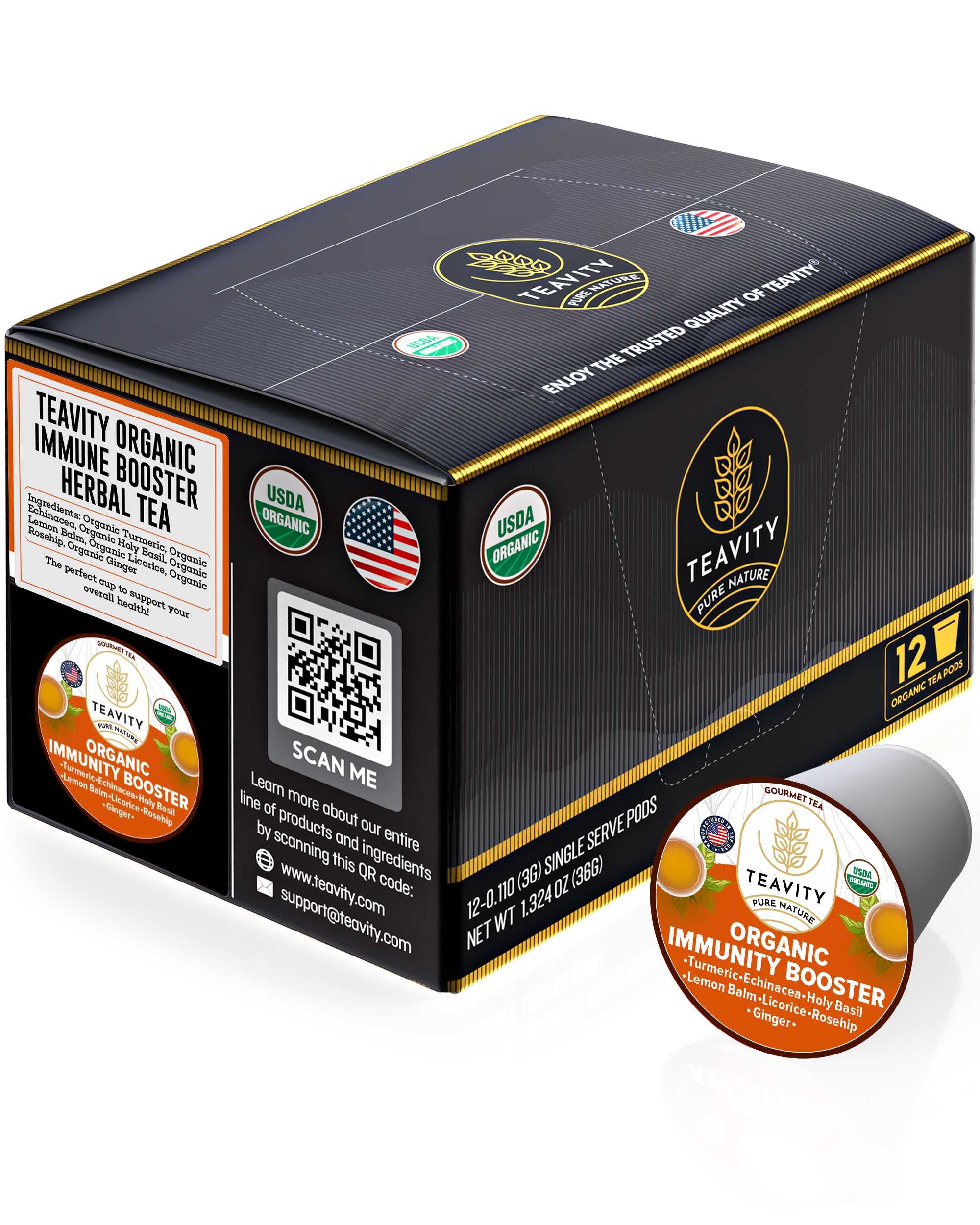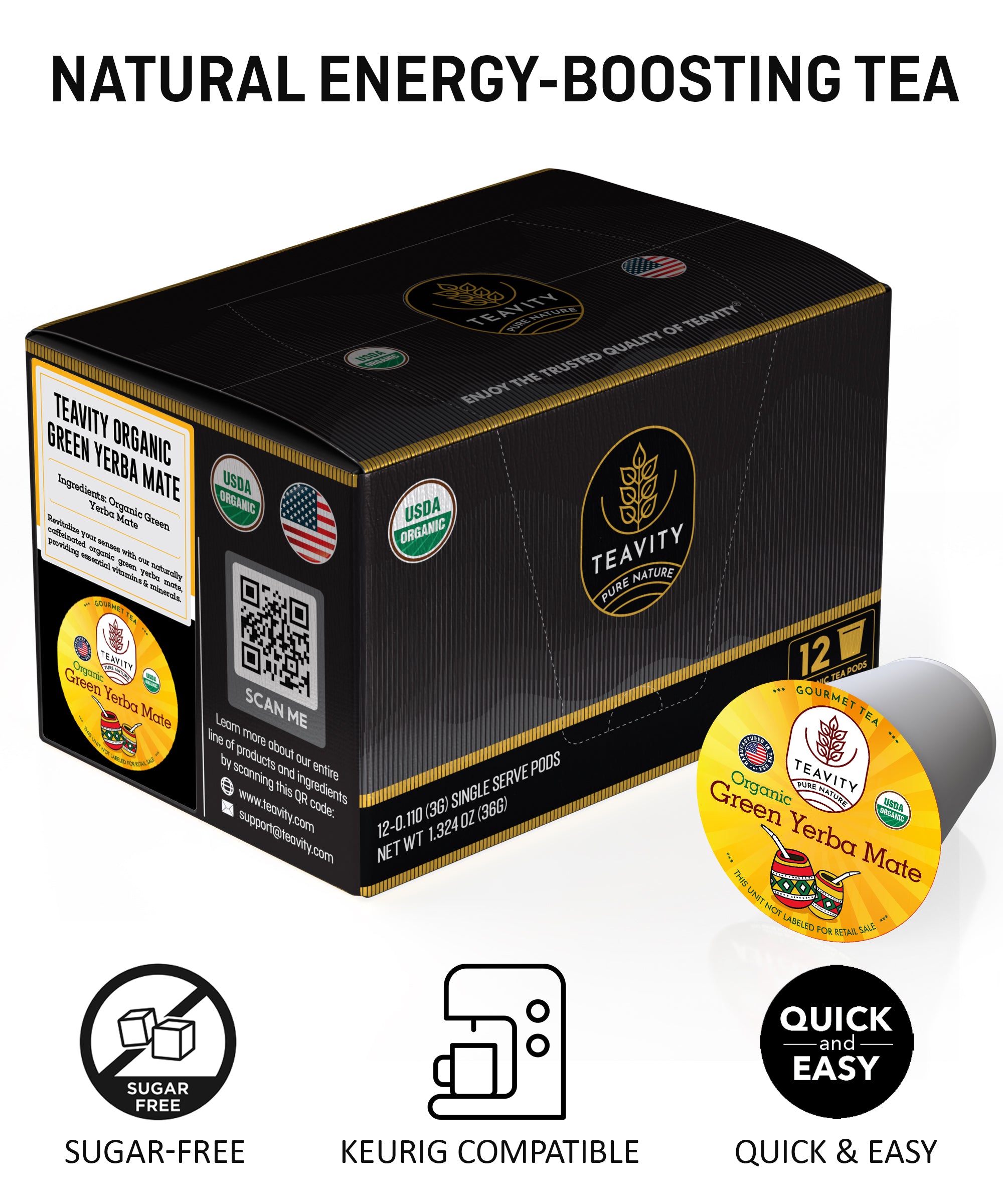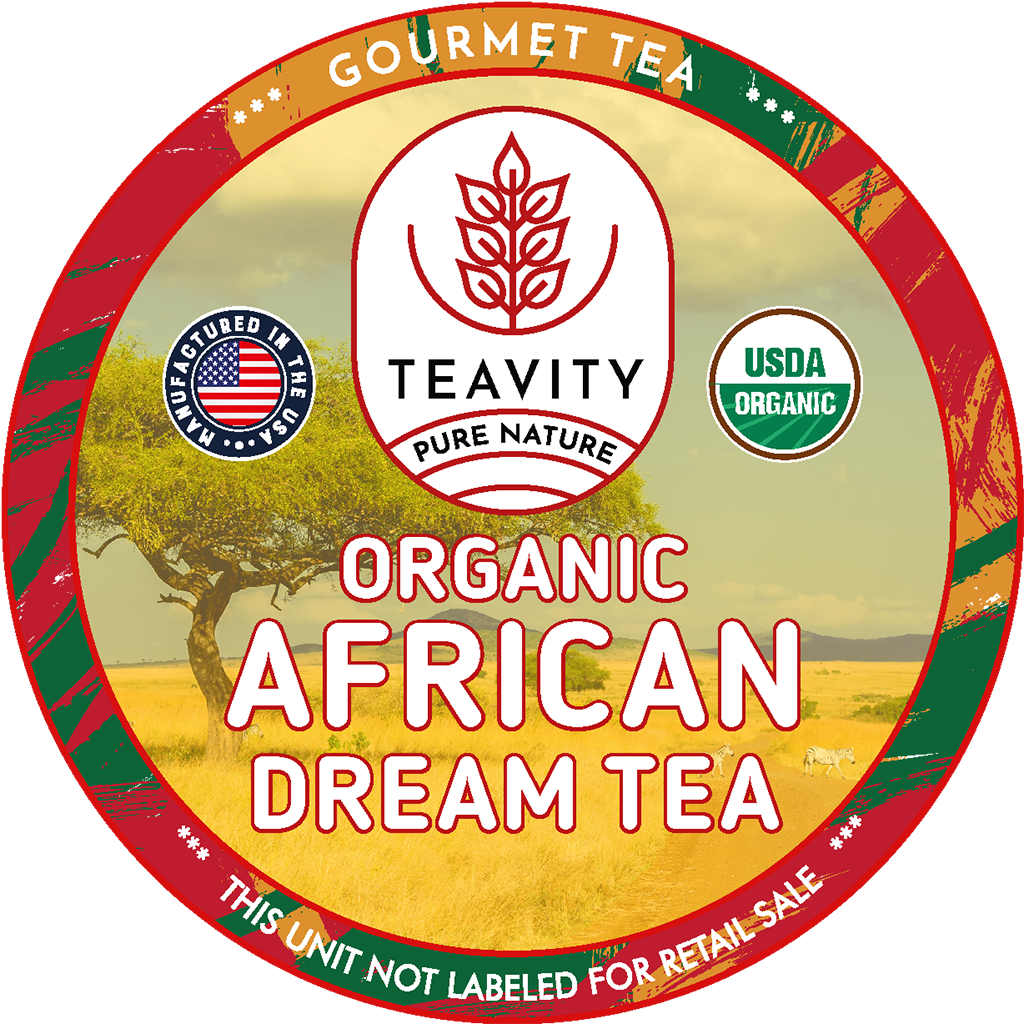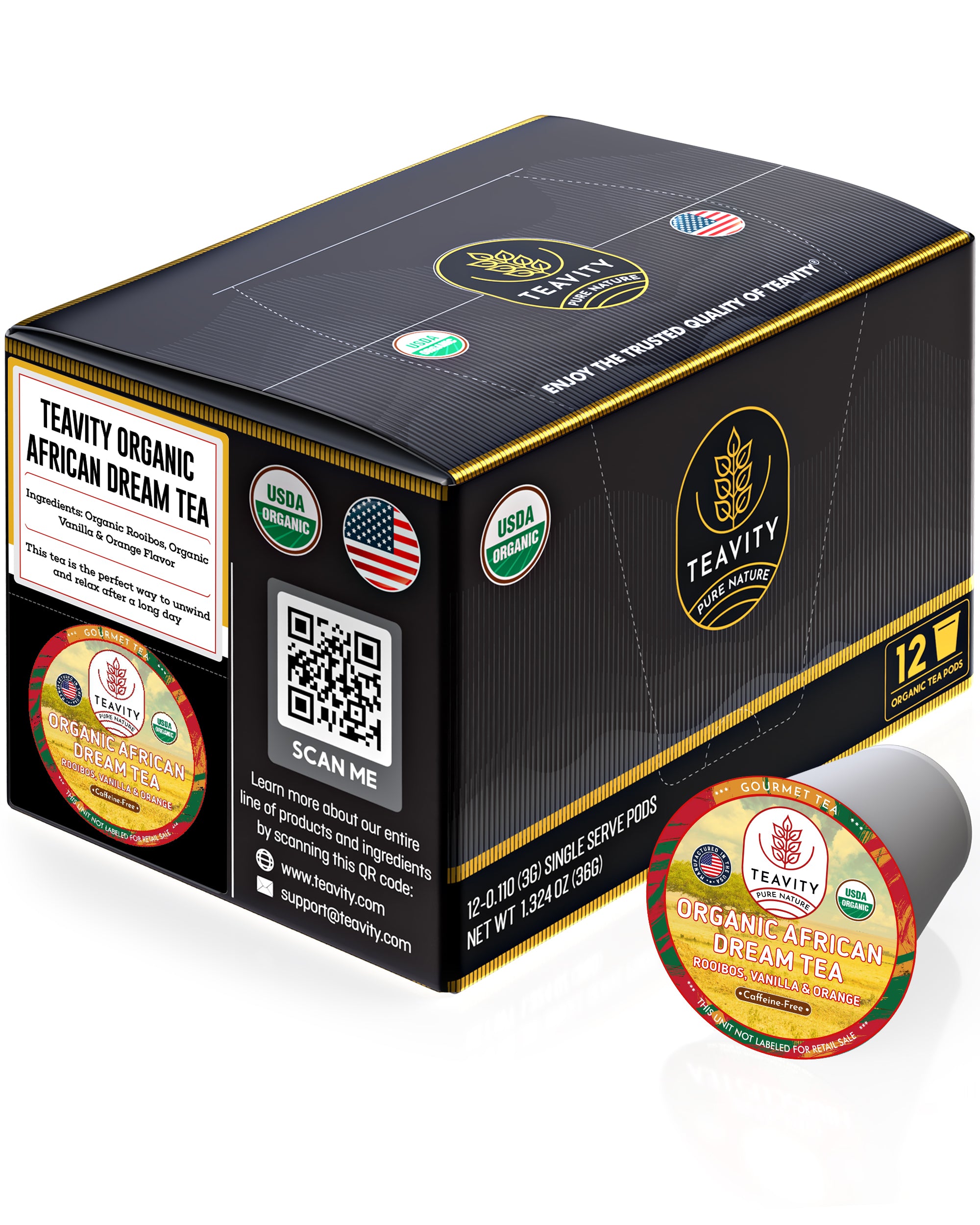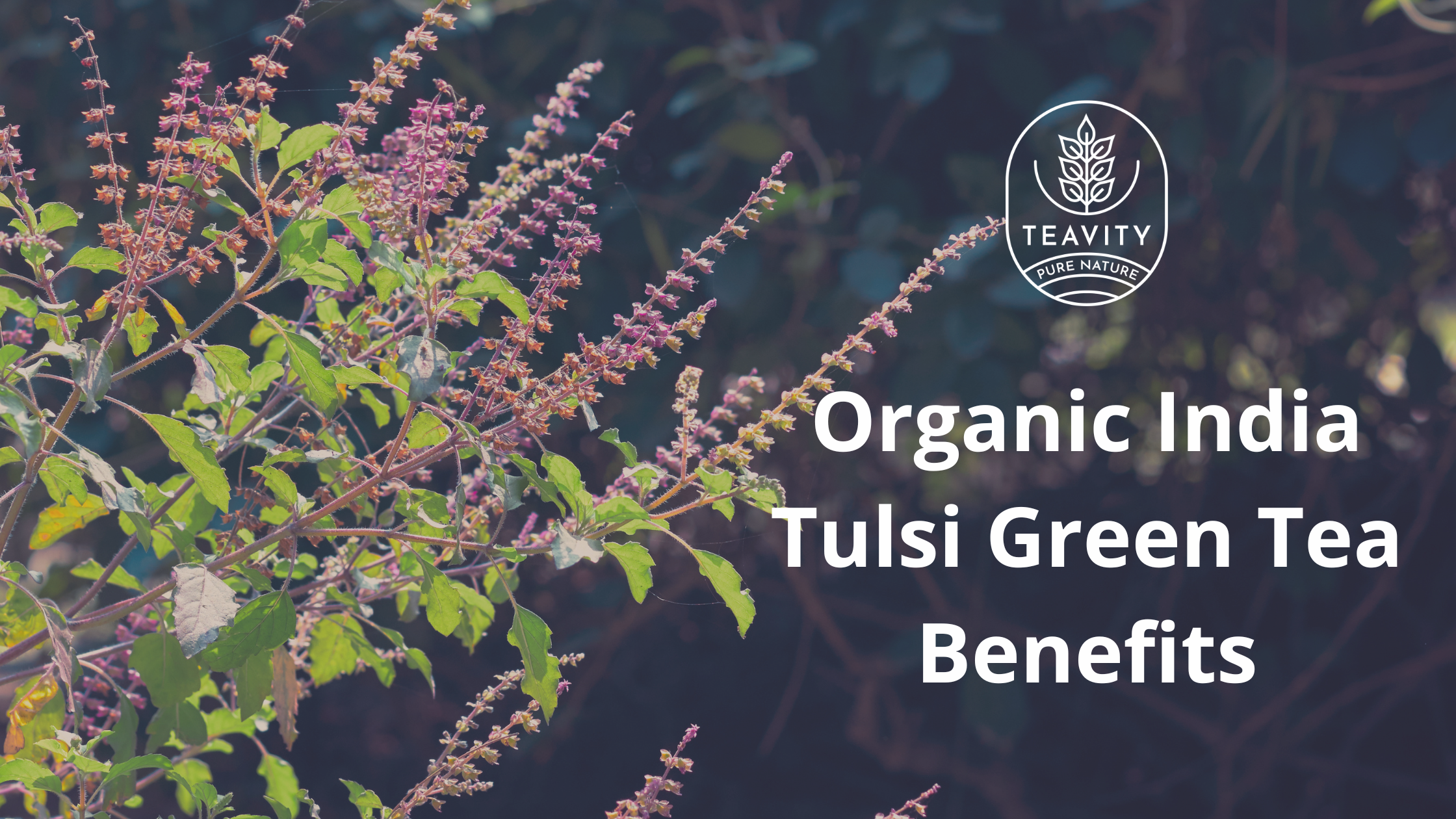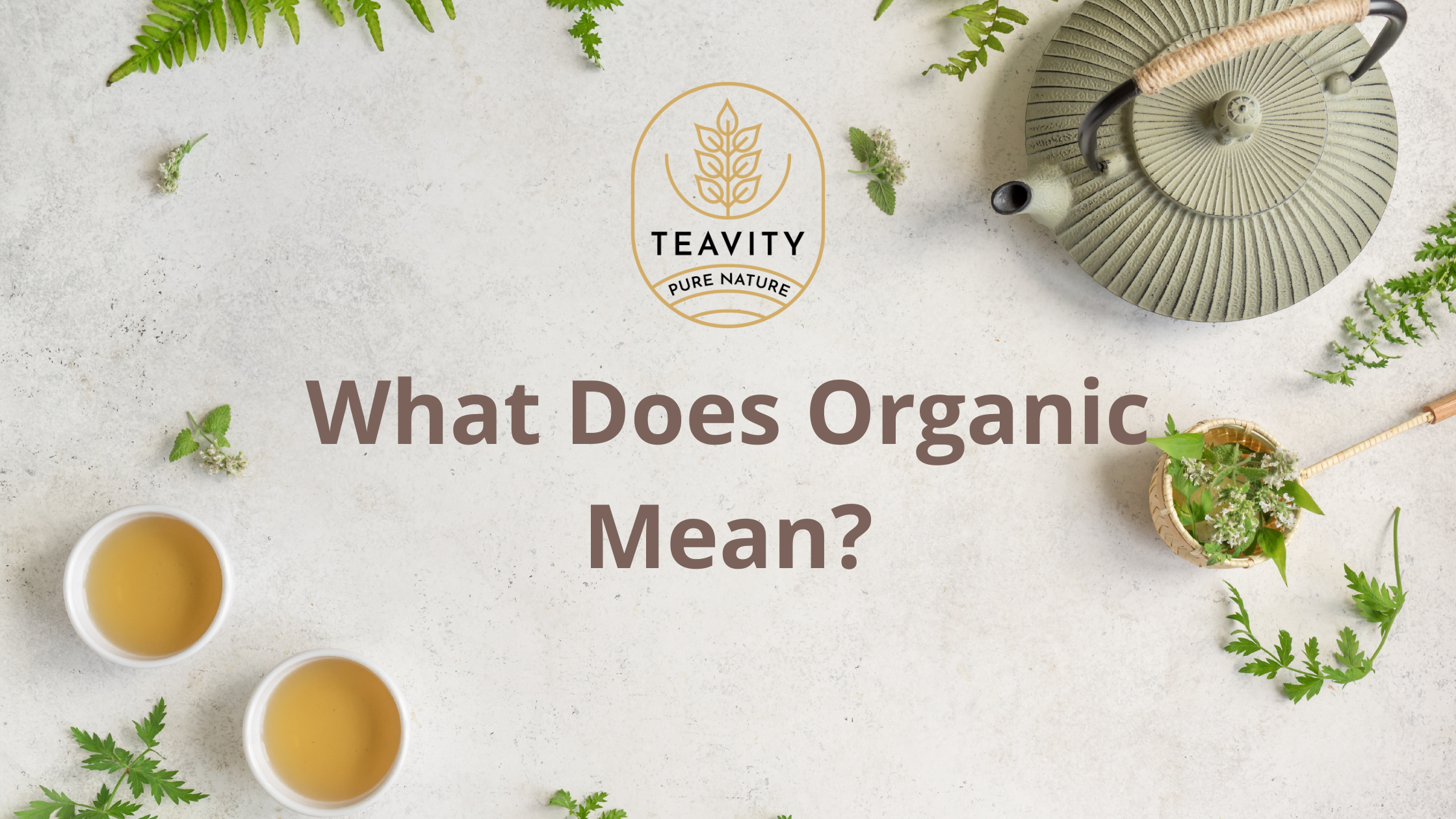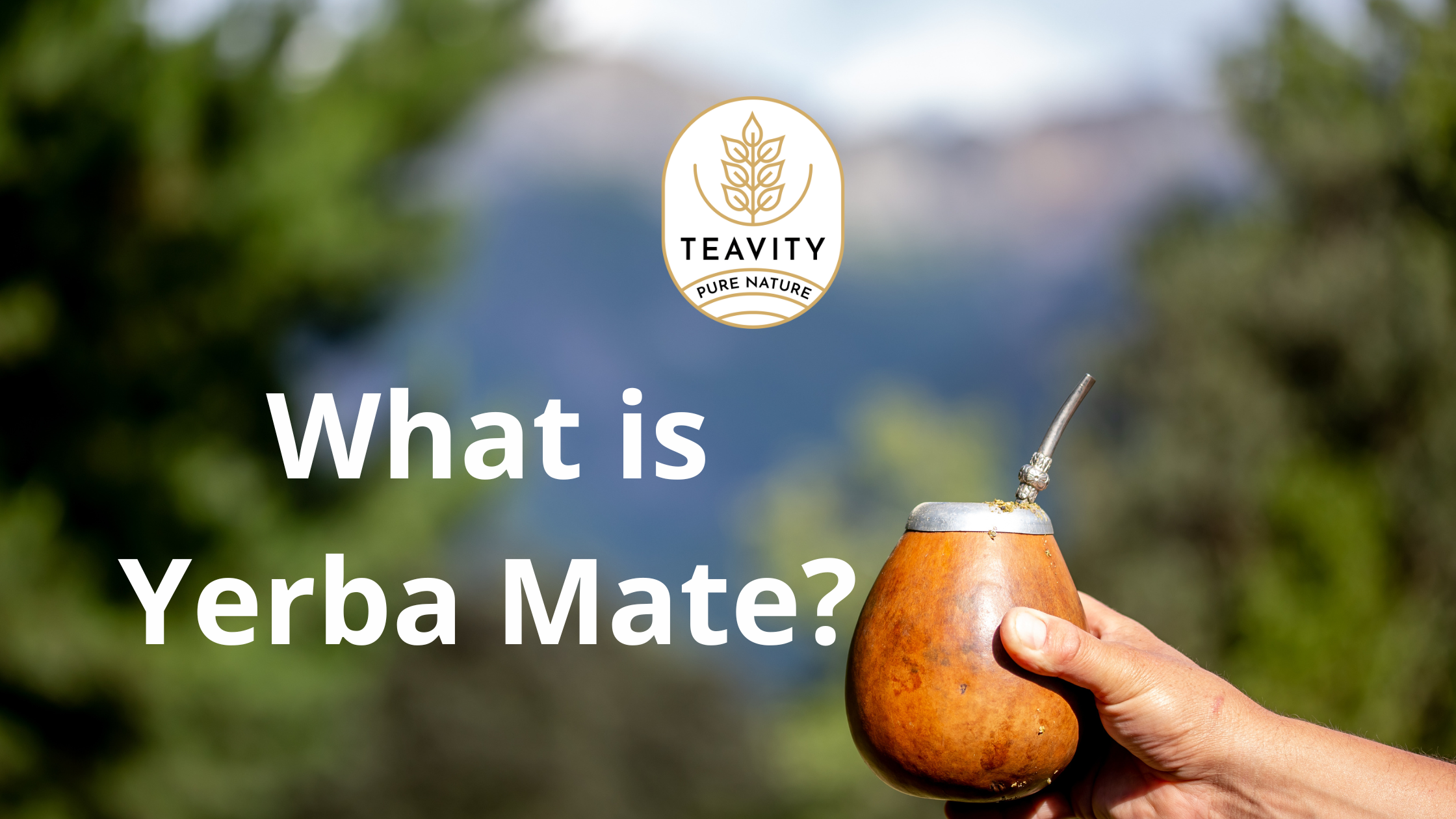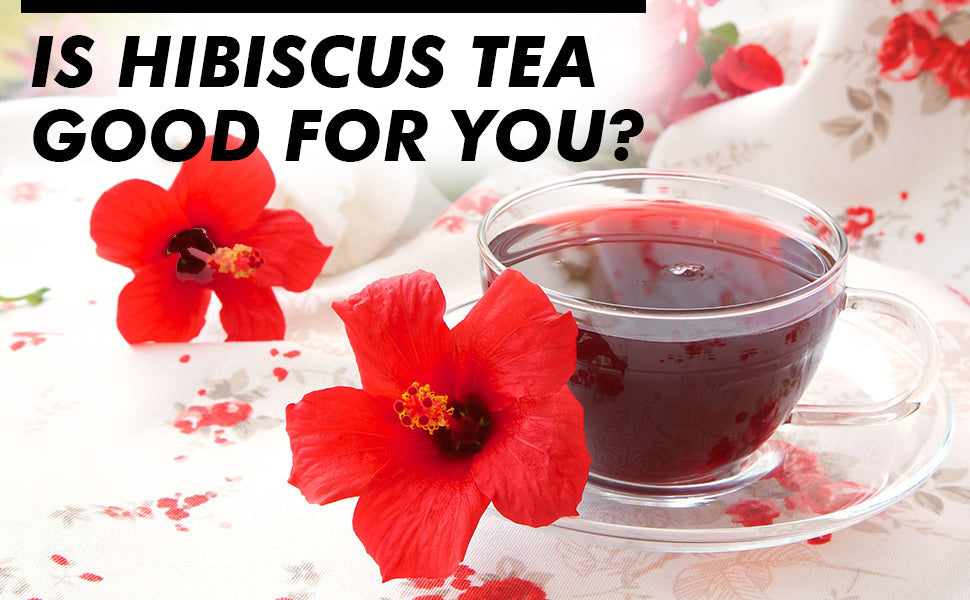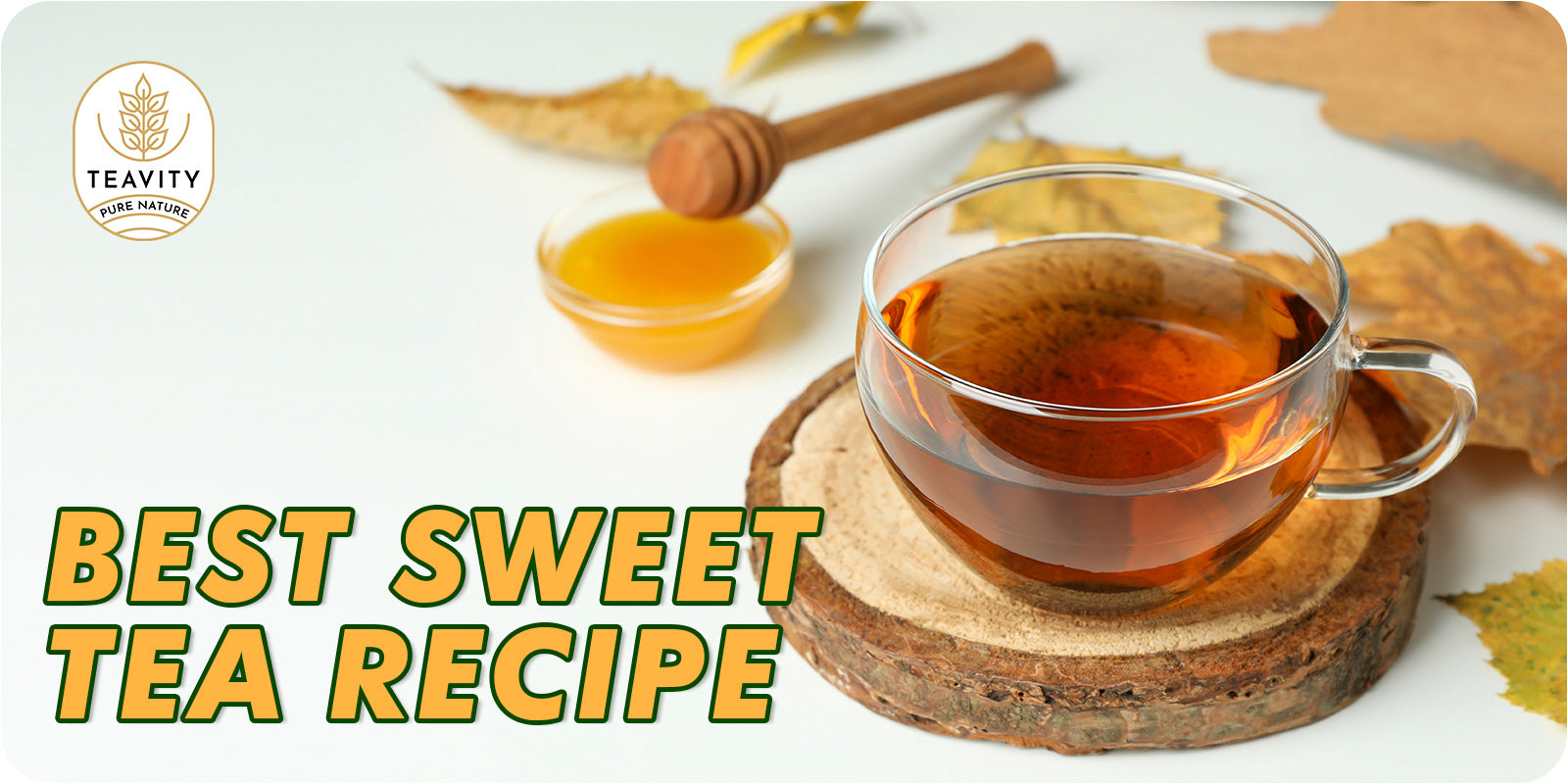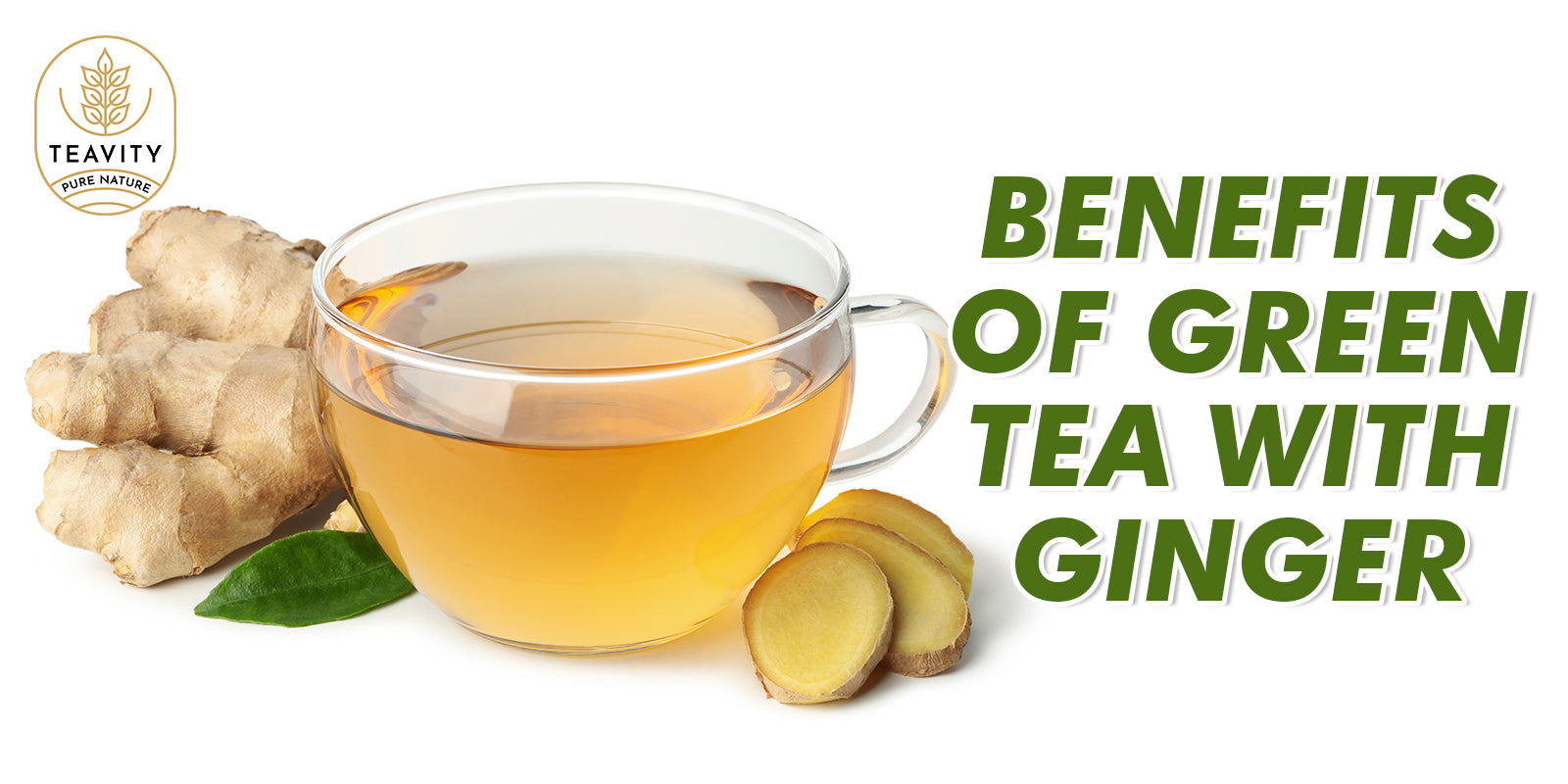- Home
- Health and Wellness
- Black Tea vs. Coffee
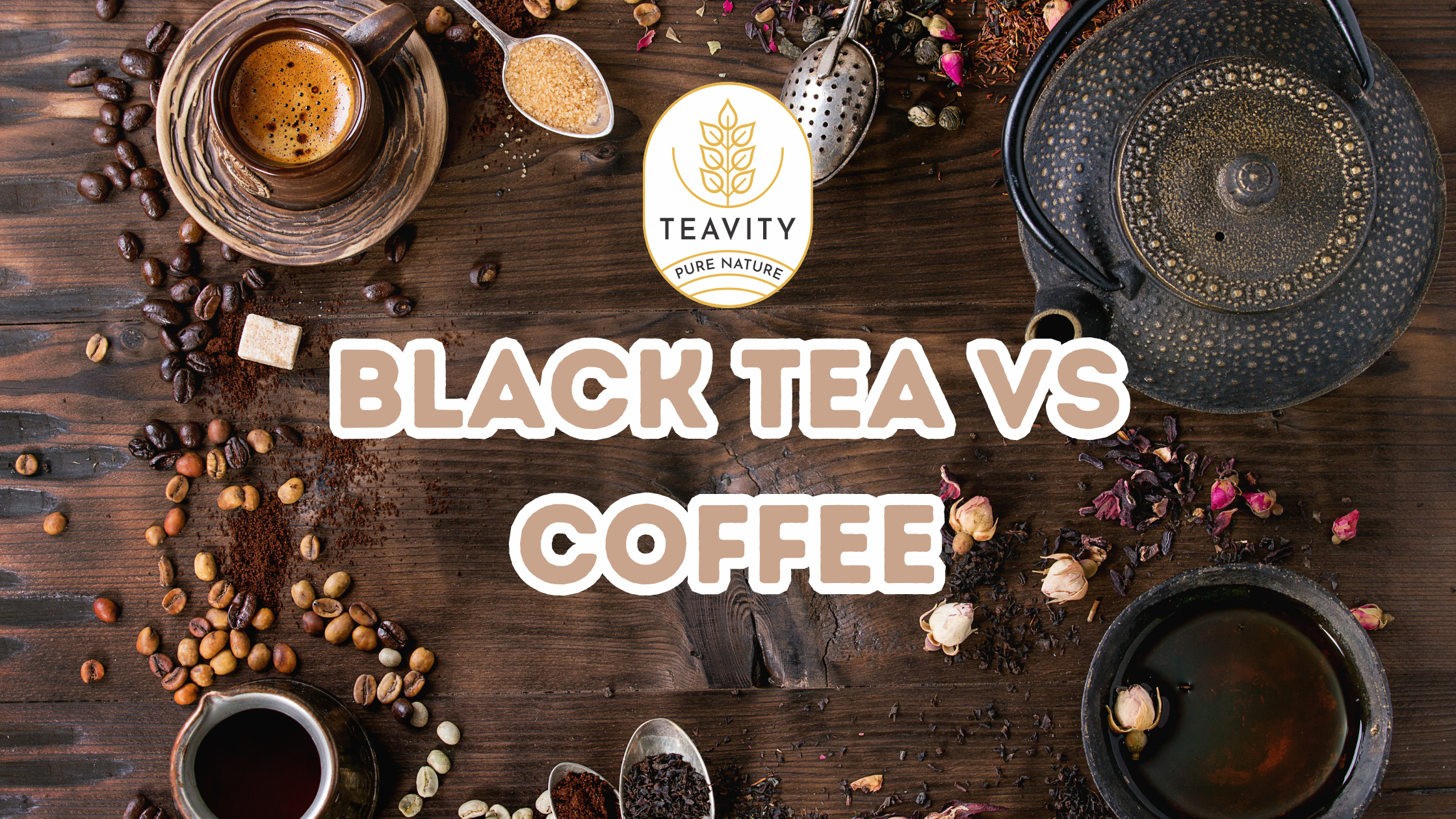
Black Tea vs. Coffee
Introduction of Black Tea vs. Coffee: A Sip of Comparison
In the world of beverages, few contenders stand as tall as black tea and coffee. Both beloved for their distinctive flavors and invigorating qualities, they've become an integral part of daily life for millions of people worldwide. While tea has a long-standing history rooted in ancient traditions, coffee has emerged as a global favorite over the past few centuries. In this article, we'll delve into the characteristics, benefits, and differences between black tea and coffee, offering you a deeper understanding of these beloved brews.
What is Black Tea?
Black tea is a type of tea that undergoes a full oxidation process, giving it its characteristic dark color and robust flavor. The leaves are plucked, withered, rolled, and then left to oxidize before being dried and sorted. This process gives black tea a bold taste that can range from malty to floral, depending on the region and variety.
What is Coffee?
Coffee, on the other hand, is a beverage made from roasted coffee beans. These beans come from the coffee plant's berries and can be brewed in various ways to create a rich, aromatic drink. There are several coffee species, but the most common ones used for brewing are Arabica and Robusta, each offering its unique taste and caffeine levels.
The Origins and History of Black Tea
Black tea's roots can be traced back to ancient China, where it was discovered accidentally during the Tang Dynasty. Over time, it spread to other Asian countries and eventually reached the West through European trade. Today, black tea is grown and enjoyed in various countries, with India, China, and Sri Lanka being among the top producers.
The Origins and History of Coffee
Coffee's legend dates back to Ethiopia in the 9th century. It gained popularity in the Arabian Peninsula and soon reached Europe in the 17th century, leading to the establishment of coffeehouses. The coffee industry expanded rapidly, and today, countries like Brazil, Vietnam, and Colombia are major coffee producers.
Flavor Profiles: Black Tea vs. Coffee
Bold and Distinctive Tastes
Black tea's flavor spectrum includes brisk, smoky, floral, fruity, and malty notes, which vary based on factors like growing conditions and processing methods. In contrast, coffee offers a wider range of flavors, from nutty and chocolatey to fruity and floral, with undertones influenced by roast levels.
Caffeine Content: A Jolt of Energy
A Tug of War
Black tea and coffee both contain caffeine, a natural stimulant that can boost alertness and focus. However, coffee generally contains more caffeine than black tea. This makes coffee a go-to beverage for those seeking an intense energy kick, while black tea offers a milder lift, often preferred for a balanced and sustained boost.
Health Benefits: Sip Your Way to Wellness
Black Tea Benefits
- Rich in Antioxidants: Black tea is packed with polyphenols, which act as powerful antioxidants that combat cell damage and boost overall health.
- Heart Health: Regular consumption of black tea has been linked to a reduced risk of heart disease and improved cardiovascular health.
- Digestive Aid: Black tea's tannins can help soothe the digestive system and alleviate digestive issues.
Coffee Benefits
- Enhanced Physical Performance: Coffee can increase adrenaline levels, leading to improved physical performance and endurance.
- Mental Alertness: The caffeine in coffee can enhance cognitive functions, such as memory, focus, and mood.
- Lowered Risk of Certain Diseases: Studies suggest that coffee consumption is associated with a reduced risk of conditions like Parkinson's disease and type 2 diabetes.
Antioxidant Powerhouse: Black Tea
The Secret to Longevity?
The high antioxidant content of black tea makes it a potent ally in fighting oxidative stress, reducing inflammation, and bolstering the immune system. Regular consumption may contribute to overall well-being and longevity.
Boosting Brain Function: Coffee
Awaken Your Mind
Coffee's caffeine content can improve brain function, including memory, mood, and reaction time. It can help you stay alert during demanding tasks and may reduce the risk of neurodegenerative disorders.
The Rituals of Consumption
Cultural and Social Connections
Both black tea and coffee have become significant cultural icons, often associated with specific traditions and social gatherings. From English afternoon tea to the Italian espresso break, these rituals have shaped the way we enjoy our favorite brews.
Combining Cultures: Tea and Coffee Across the Globe
A Global Phenomenon
As black tea and coffee traveled across continents, they integrated into diverse cultures, each adapting and embracing these beverages in unique ways. From the traditional Japanese tea ceremony to the lively coffeehouses of Europe, these drinks have made an indelible mark on societies worldwide.
The Impact on Sleep Patterns
Counting Sheep or Sipping Steep
Due to their differing caffeine levels, black tea and coffee can affect sleep patterns differently. While some people might enjoy a soothing cup of tea before bedtime, others may prefer to savor their coffee during the day for an extra boost.
Pairing Possibilities: Tea and Coffee in the Culinary World
Beyond the Cup
The distinct flavors of black tea and coffee also lend themselves to culinary applications. From marinating meats with tea-infused rubs to adding coffee to dessert recipes, these beverages can elevate a wide array of dishes with their unique tastes.
Making a Choice: Which One is for You?
The Battle of the Brews
When it comes to choosing between black tea and coffee, personal preferences and lifestyle factors play a significant role. While coffee may offer a potent pick-me-up, black tea provides a smoother, less jittery experience. Ultimately, the choice rests on individual taste and the desired effect.
Conclusion
In the timeless rivalry of black tea vs. coffee, there is no clear winner, as both beverages have distinct merits and unique qualities. The decision on which to sip boils down to individual taste, cultural influence, and the occasion. Whether you prefer the boldness of coffee or the nuanced
flavors of black tea, both options offer a delightful journey for your taste buds. So, the next time you reach for a cup, let your mood and preference guide you towards the perfect brew.
FAQs
-
Is it true that black tea has more antioxidants than coffee?
Yes, that's correct. Black tea contains a higher concentration of antioxidants called polyphenols compared to coffee.
-
Which beverage is better for reducing the risk of heart disease?
Black tea has been associated with a reduced risk of heart disease due to its beneficial effects on cardiovascular health.
-
Does coffee really enhance mental alertness?
Absolutely! The caffeine in coffee can improve cognitive functions like memory, focus, and overall mental alertness.
-
Can I enjoy both tea and coffee in the same day?
Yes, you can. However, be mindful of your caffeine intake and how it might affect your sleep patterns.
-
What's the best time to enjoy black tea or coffee?
There's no one-size-fits-all answer to this. Enjoy them at a time that aligns with your preferences and daily routine.

